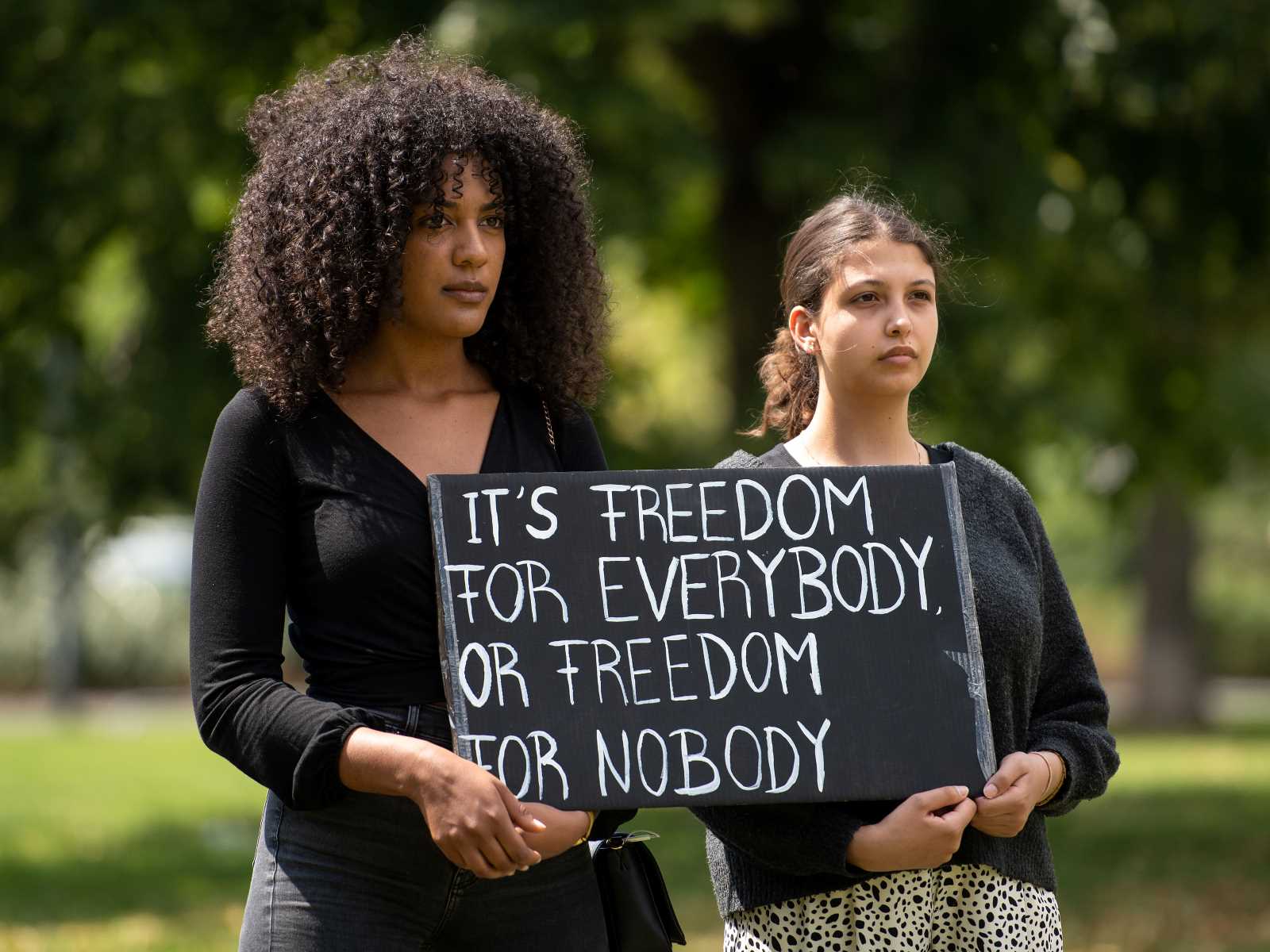Summer special
Women fight back

It starts as a typical Hindi-language “girl movie”: six young urban women plus a house maid meet in Goa, on India’s west coast, and stay at the holiday home that belongs to one of them. The childhood friends plan to celebrate a weekend of fun and female togetherness, because Frieda, the hostess, will get married. An interesting twist is that she does not tell her friends who the lucky bridegroom is, and viewers are also kept in the dark until later in the film. It would spoil the punch line to give away who Frieda is getting married to, so let’s not say more than it comes as a real surprise.
The seven women live very different lives – one of them is an influential businesswoman, one is a musician without commercial success, one is a bored housewife, one is a tough environment activist, one is the house maid of the hostess and so on. They freely talk about all topics of life: love, jobs, men, sex – or the lack of it. They speak about sadness and success. The frankness of the language and easy-going openness about sexual matters are surprising. Viewers feel they are getting to know the women well as they become witnesses of personal secrets, hopes and ambitions.
The little daughter of the stressed-out businesswoman is present too. The silent girl’s role becomes decisive in a totally unforeseeable way later in the film. Twists and turns in the plot are frequent and keep the viewer on edge. Nothing is as it first appears.
Laughter and jokes are heard throughout the film, but the story also has very dark and dramatic moments. One involves a gang of rapists brutally attacking one of the women. Her friends’ responses show a wrath of a magnitude equalling Kali, the Indian goddess of death and life – hence the title. The movie does not show women as mere victims, but as self-empowered persons who take matters into their own hands.
Excellent acting, camera and editing give the story credibility at every level. The lush tropical landscape of Goa provides an alluring backdrop. In the best Hindi film tradition, music is very important.
The feature film “Angry Indian goddesses” was released in India in December 2015 and has since drawn a lot of attention. Reviews have been excellent and the feedback from audiences positive. The screenplay is an important contribution to the on-going debate on sexual harassment in India. It takes a clear and unequivocal stance against the widespread impunity for rape offenders.
At the Toronto International Film Festival in Canada, “Angry Indian Goddesses” came second at the People’s Choice Awards, and at the Rome Film Festival in Italy it received the Audience Choice Award. “What we started in a little village of Goa has gone global beyond all our goals,” film director Pan Nalin stated, adding that “it is a celebration of Indian womanhood.”
The Indian public, however, only gets to see a censored version of the movie. The Central Board of Film Certification ordered many cuts to be made and swear words to be blanked out.
The film is now being released in 50 countries. At the release event in Germany, several actresses were present. They spoke highly of the director Pan Nalin, a man who gave his team “maximum freedom to develop the story line together.” The actresses were also very clear on the film’s intent to speak out against sexual harassment and rape. At the same time, they took a stance in favour of sexual freedom and legalising homosexuality. “This does not only concern India,” said Rajshri Deshpande, one actress. “Rape and sexual harassment are worldwide problems. This needs to be addressed everywhere.”
Film
Angry Indian goddesses, 2015, India, director: Pan Nalin














